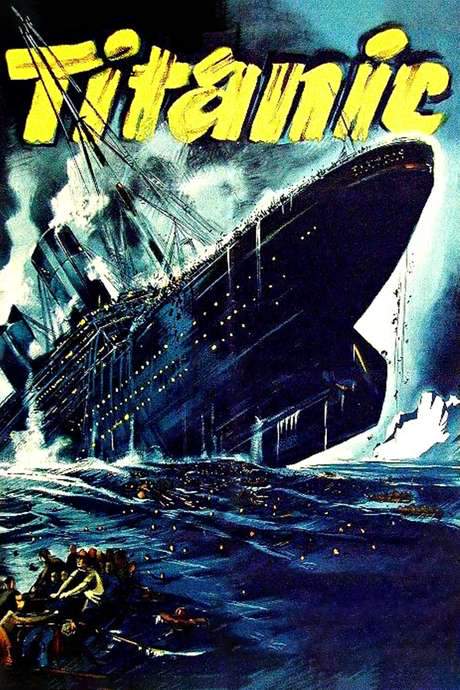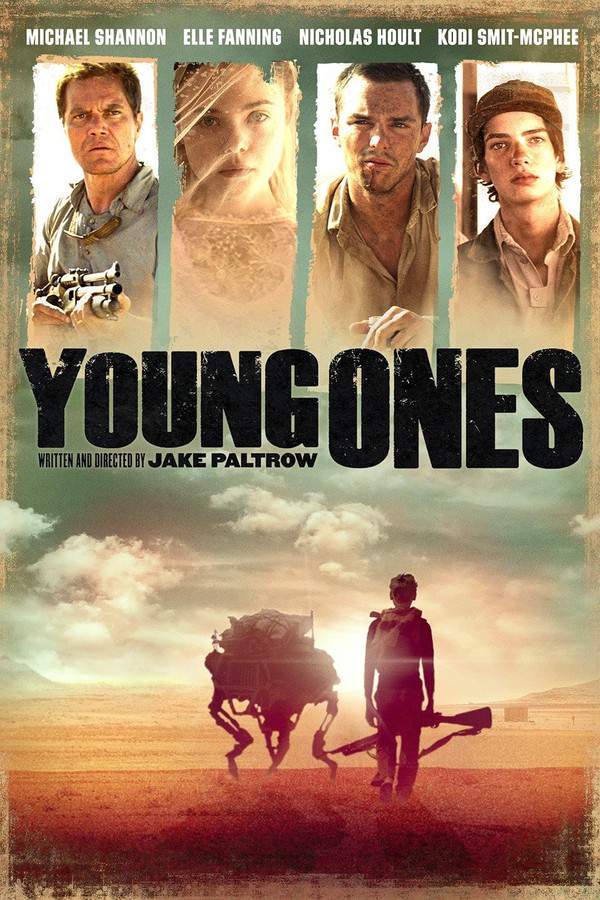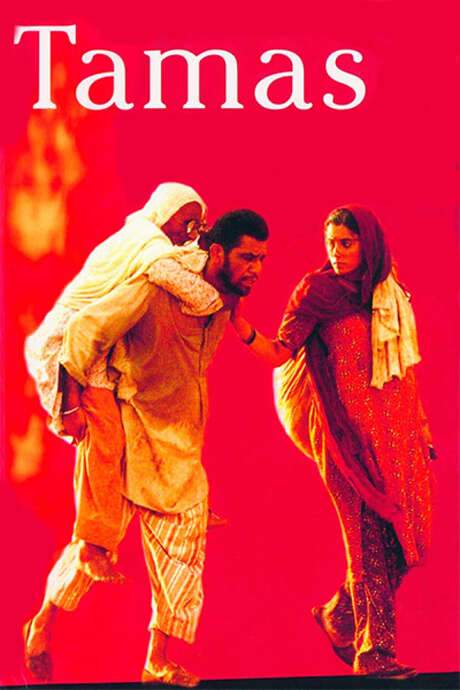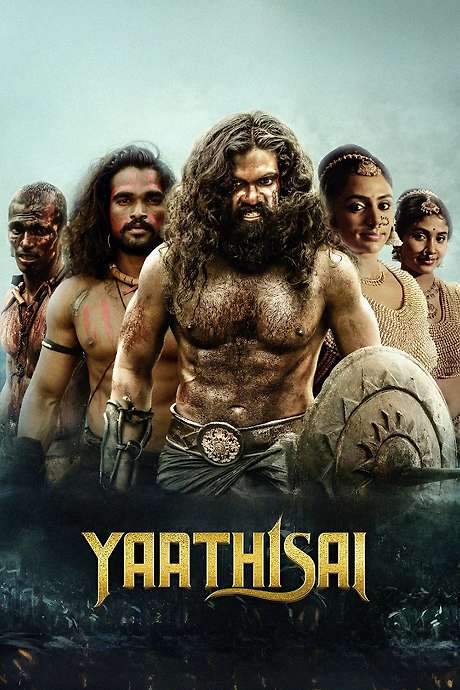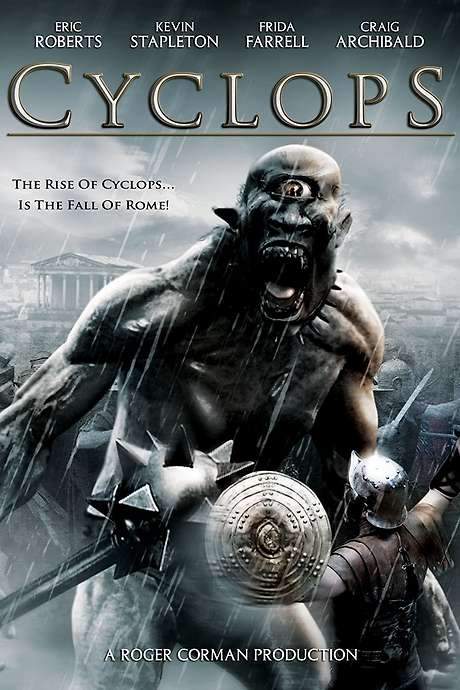
The Fall of the Roman Empire
Year: 1964
Runtime: 188 mins
Language: English
Director: Anthony Mann
Set in 180 A.D., as Germanic tribes mass on Rome’s northern frontiers, the ailing Emperor Marcus Aurelius faces a crucial succession crisis. He must choose between his ambitious son Commodus, driven by power, and the devoted general Gaius Livius, while the empire teeters on the brink of collapse.
Warning: spoilers below!
Haven’t seen The Fall of the Roman Empire yet? This summary contains major spoilers. Bookmark the page, watch the movie, and come back for the full breakdown. If you're ready, scroll on and relive the story!
The Fall of the Roman Empire (1964) – Full Plot Summary & Ending Explained
Read the complete plot breakdown of The Fall of the Roman Empire (1964), including all key story events, major twists, and the ending explained in detail. Discover what really happened—and what it all means.
In the winter of 180 AD, the Roman Empire faces a precarious moment as Emperor Marcus Aurelius battles to defend his northern borders along the Danube from invading Germanic tribes. A wise and compassionate ruler, Aurelius secretly harbors visions of reforming the empire to promote equality and justice for all its citizens. This idealism puts him at odds with his ambitious son, Commodus, who values power and prefers to rule through strength and fear rather than fairness.
Aurelius has chosen [Gaius Livius] (/actor/stephen-boyd), a respected and experienced general, as his successor, along with his close confidant, the Greek ex-slave [Timonides] (/actor/james-mason). However, before he can officially announce his plans for succession, Aurelius is betrayed and poisoned—an act masterminded by Cleander, a servant of the ambitious Commodus, who seeks to eliminate rivals and ensure the prince’s ascension to the throne. Despite this treachery, Livius, loyal to Aurelius’s ideals, remains hesitant to claim the title himself, believing his humble origins would prevent him from gaining acceptance as emperor without the emperor’s endorsement. Despite the temptation, he allows Aurelius to take the throne, knowing the universe of power is a delicate and dangerous place.
As the story progresses, Livius and his army succeed in defeating the Germanic tribes on the northern frontier. Among the prisoners of war are the barbarian chieftain [Ballomar] and his court. Using a compassionate approach, [Timonides] /(/actor/james-mason) and [Lucilla] (/actor/sophia-loren), the emperor’s daughter, persuade General Livius to show mercy to the defeated tribes. His act of clemency includes convincing the Roman Senate to allow these Barbarians to settle peacefully in Italy as farmers—an effort to foster cooperation rather than conflict. Timonides gains the trust of the Germans by passing a personal trial: he endures holding his hand in a torch flame without crying out, symbolizing his steadfastness. The barbarians, impressed by their treatment and Livius’s integrity, agree to submit to Roman authority and accept the Senate’s judgment.
While these events unfold, political turmoil brews elsewhere. Commodus, driven by hatred and a desire to undo his father’s reforms, intensifies his crusade for absolute power. He schemes to diminish the influence of his sister Lucilla, who resists his tyranny. Meanwhile, Lucilla secretly joins a rebellion in the eastern provinces, where escalating taxes and famine have caused widespread unrest. She seeks to rally support against her brother’s oppressive rule, ultimately joining forces with the rebels and with Sohaemus, the [king of Armenia] (/actor/omar-sharif), who arrives with an Armenian army allied with Persia. In a surprising turn, Sohaemus slips into battle and attacks Livius, aided by Persian troops—yet the rebels, patriotic in spirit, choose to fight for their land rather than Persia, and they unite with Livius to defeat Sohaemus.
In a surprising victory, Commodus promotes Livius to co-emperor conditioned on harsh suppression of the rebellious provinces. However, Livius and Lucilla reject the brutality demanded of them, leading them to march on Rome with their army, aiming to confront Commodus and force him into abdication. In retaliation, Commodus responds with treachery, bribing and repressing his enemies. He also orchestrates a brutal massacre of Timonides and the German inhabitants of a colony, illustrating his disdain for pacifism and reform. A dark revelation emerges when [Verulus] (/actor/mel-ferrer), Commodus’s gladiator bodyguard, confesses to Lucilla that he is her brother’s illegitimate son and has been romantically involved with Aurelius’s wife.
The chaos culminates as the Senate declares Commodus a deity, and Livius and Lucilla are condemned to be sacrificed as human offerings during a drunken celebration of the new divine ruler. Despite his former friendship with Commodus, Livius confronts his rival in a duel in the Roman Forum, fighting with javelins until he finally kills Commodus. With the death of Commodus, Livius is free to ascend as emperor, but he is disillusioned with Rome’s capacity for meaningful change. He departs the city with Lucilla, leaving behind a fractured empire teetering on the edge of collapse. The film concludes with a voice-over reflecting that although the Roman Empire did not fall immediately, its inevitable decline was rooted in internal corruption and moral decay that gradually led to its downfall.
Last Updated: August 19, 2025 at 05:13
Explore Movie Threads
Discover curated groups of movies connected by mood, themes, and story style. Browse collections built around emotion, atmosphere, and narrative focus to easily find films that match what you feel like watching right now.
Epic tales of empire collapse like The Fall of the Roman Empire
Grand historical sagas about the terminal decline of great civilizations.If you enjoyed the grand historical tragedy of The Fall of the Roman Empire, this thread features similar epic movies that chronicle the decline of civilizations. Explore other films about political decay, crumbling power structures, and the heavy sense of historical inevitability.
Narrative Summary
Narratives in this thread follow a pattern of a powerful empire at its peak, showing the early cracks of corruption and ambition that widen into an unmanageable chasm. The story is driven by political intrigue, betrayal, and the failure of idealism against systemic cynicism, culminating in a collapse that feels both tragic and inevitable.
Why These Movies?
These movies are grouped together because they share a grandiose but bleak tone, a steady pacing that allows for the methodical unraveling of complex societies, and a profound emotional weight centered on historical tragedy. They offer a similar experience of watching greatness crumble from within.
Bleak political tragedies with heavy themes like The Fall of the Roman Empire
Intense stories where idealism is crushed by cynical power plays.For viewers who liked the heavy themes and political betrayals in The Fall of the Roman Empire, this thread collects movies with similar bleak power struggles. Find other intense dramas about succession crises, moral decay, and the crushing weight of cynical realities versus noble ideals.
Narrative Summary
The narrative arc typically follows a principled protagonist navigating a corrupt system. Their ideals are tested and often broken by the ruthless machinations of those around them. The story builds tension through betrayals and power struggles, culminating in an ending where the protagonist may achieve a personal goal but is ultimately defeated by the larger, corrupt system, leaving a sense of poignant loss.
Why These Movies?
This thread groups movies that share a high intensity, a bleak tone, and a heavy emotional weight derived from themes of betrayal and the failure of goodness. The pacing is steady, focusing on character-driven political drama, and the ending feel is consistently bittersweet or bleak, creating a cohesive viewing experience of tragic realism.
Unlock the Full Story of The Fall of the Roman Empire
Don't stop at just watching — explore The Fall of the Roman Empire in full detail. From the complete plot summary and scene-by-scene timeline to character breakdowns, thematic analysis, and a deep dive into the ending — every page helps you truly understand what The Fall of the Roman Empire is all about. Plus, discover what's next after the movie.
The Fall of the Roman Empire Timeline
Track the full timeline of The Fall of the Roman Empire with every major event arranged chronologically. Perfect for decoding non-linear storytelling, flashbacks, or parallel narratives with a clear scene-by-scene breakdown.

Characters, Settings & Themes in The Fall of the Roman Empire
Discover the characters, locations, and core themes that shape The Fall of the Roman Empire. Get insights into symbolic elements, setting significance, and deeper narrative meaning — ideal for thematic analysis and movie breakdowns.

The Fall of the Roman Empire Spoiler-Free Summary
Get a quick, spoiler-free overview of The Fall of the Roman Empire that covers the main plot points and key details without revealing any major twists or spoilers. Perfect for those who want to know what to expect before diving in.

More About The Fall of the Roman Empire
Visit What's After the Movie to explore more about The Fall of the Roman Empire: box office results, cast and crew info, production details, post-credit scenes, and external links — all in one place for movie fans and researchers.

Similar Movies to The Fall of the Roman Empire
Discover movies like The Fall of the Roman Empire that share similar genres, themes, and storytelling elements. Whether you’re drawn to the atmosphere, character arcs, or plot structure, these curated recommendations will help you explore more films you’ll love.
Explore More About Movie The Fall of the Roman Empire
The Fall of the Roman Empire (1964) Scene-by-Scene Movie Timeline
The Fall of the Roman Empire (1964) Movie Characters, Themes & Settings
The Fall of the Roman Empire (1964) Spoiler-Free Summary & Key Flow
Movies Like The Fall of the Roman Empire – Similar Titles You’ll Enjoy
Gladiator (2000) Spoiler-Packed Plot Recap
The Last Legion (2007) Movie Recap & Themes
Julius Caesar (1000) Movie Recap & Themes
Gladiator of Pompeii (2007) Movie Recap & Themes
Rome Wants Another Caesar (1974) Movie Recap & Themes
The Dacians (1967) Complete Plot Breakdown
Sign of the Pagan (1954) Plot Summary & Ending Explained
79 A.D. (1962) Ending Explained & Film Insights
Revolt of the Praetorians (1964) Complete Plot Breakdown
Hero of Rome (1964) Film Overview & Timeline
The Fall of Rome (1963) Story Summary & Characters
Cyclops (2008) Full Movie Breakdown
The Fight for Rome (1968) Full Movie Breakdown
Demetrius and the Gladiators (1954) Full Summary & Key Details
I, Claudius (1000) Full Movie Breakdown













